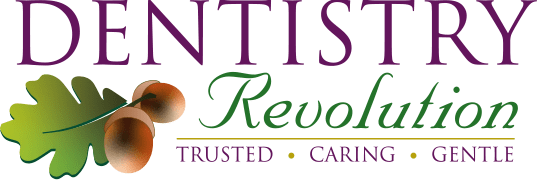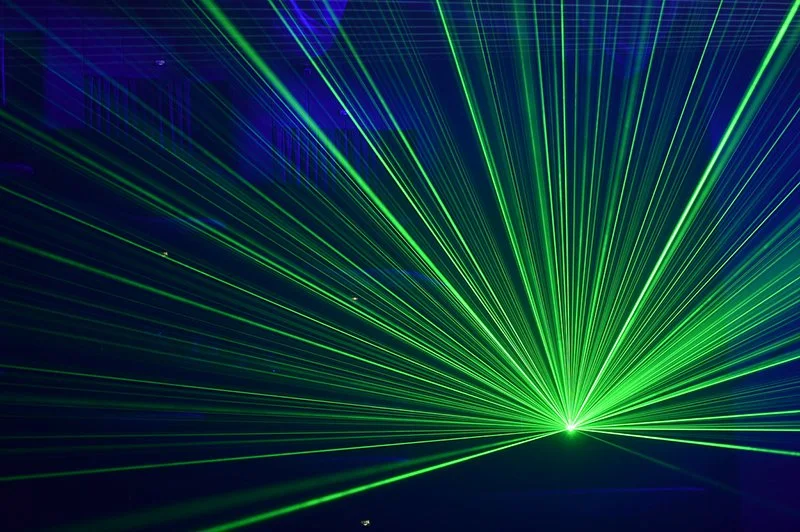What is Laser Dentistry?
Laser dentistry represents a revolutionary advancement in oral healthcare, utilizing focused light beams to perform various dental procedures with unprecedented precision and comfort. The term “laser” stands for Light Amplification by Stimulated Emission of Radiation, and in dentistry, these devices emit concentrated light energy that can cut, reshape, or remove tissue with minimal damage to surrounding areas. Unlike traditional dental tools, lasers can target specific tissues while leaving healthy structures intact, making procedures more efficient and often eliminating the need for sutures or extensive healing time.
Benefits and Advantages of Laser Treatment
The advantages of laser dentistry extend far beyond just technological innovation, offering patients a significantly improved dental experience. One of the most notable benefits is the dramatic reduction in pain and discomfort during procedures, often eliminating the need for local anesthesia in many cases. Laser treatments also minimize bleeding and swelling, as the light energy cauterizes tissue as it cuts, promoting faster healing and reducing the risk of infection. Additionally, the precision of laser technology allows dentists to preserve more healthy tooth structure during treatments, leading to better long-term outcomes and reduced recovery times that can get patients back to their normal routines much sooner.
Common Laser Dentistry Procedures
Modern dental practices utilize lasers for an impressive range of procedures, from routine cleanings to complex surgical interventions. Soft tissue applications include gum reshaping for cosmetic purposes, treatment of gum disease through bacterial reduction and tissue removal, and the removal of lesions or growths in the mouth. Hard tissue procedures encompass cavity detection and removal, tooth preparation for fillings, and even root canal therapy. Lasers are also highly effective for teeth whitening procedures, where they activate bleaching agents to achieve dramatic results in a single visit, and for treating cold sores and other oral ulcers with rapid healing times.
The Future of Dental Care
As laser technology continues to evolve, the future of dentistry looks increasingly bright for both patients and practitioners. Ongoing research and development are leading to more versatile laser systems that can handle an even broader range of procedures with greater precision and efficiency. The integration of laser dentistry with other advanced technologies, such as digital imaging and computer-guided procedures, is creating opportunities for minimally invasive treatments that were previously impossible. While the initial investment in laser equipment can be significant, the long-term benefits of reduced treatment times, improved patient comfort, and better clinical outcomes make laser dentistry an increasingly standard part of comprehensive dental care, promising a future where dental visits are more comfortable and effective than ever before.

